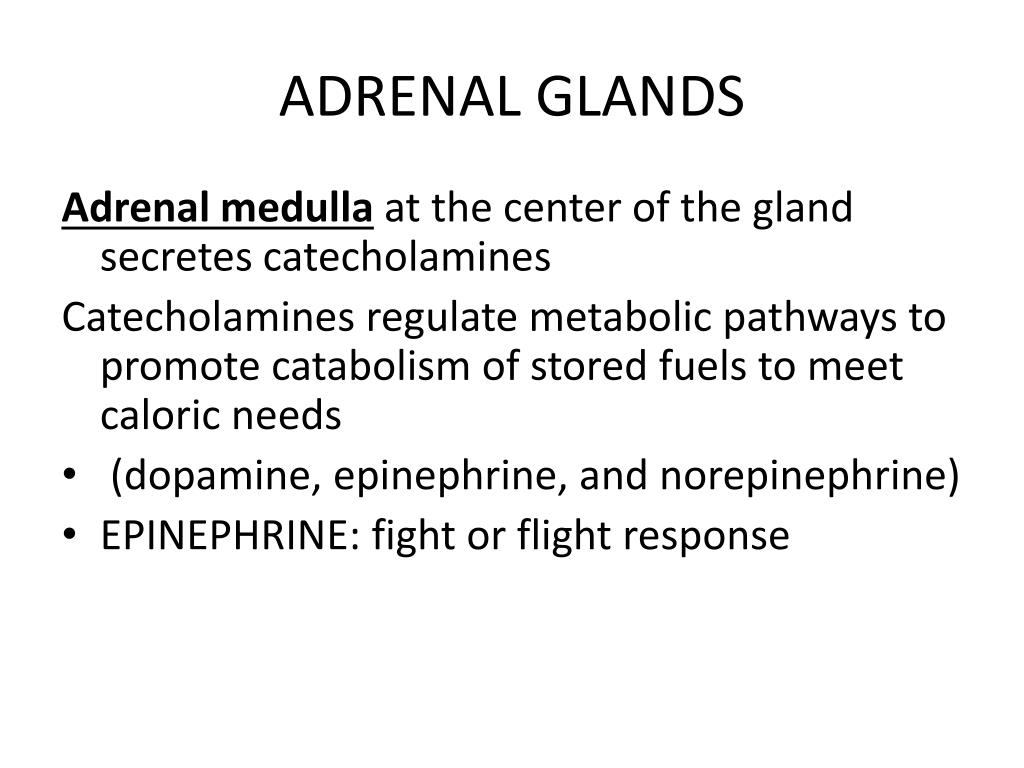

After oral exposure, profound anesthesia was observed in rats dosed orally to MTBE at 1200 mg kg −1 bw. No clinical signs were reported for rats inhaling 7100 ppm DIPE. An inhalation NOAEL of 800 ppm MTBE has been identified. More usually, very much higher concentrations were required to produce neurotoxic effects, and 13-week exposure of rats to 4000 or 8000 ppm MTBE demonstrated that the effects rapidly disappeared and were neither persistent nor cumulative. In a 13-week study in rats, signs of dose-related CNS depression were recorded over 250–1000 ppm MTBE. In the 1500-ppm TAME dose group, these effects were only seen in male rats.

The effects of TAME after a single exposure included depression of the CNS and impairment of the neuromuscular junction, but these effects were no longer evident after 6 or 24 h and they were not seen after repeated exposure.

Transient hypoactivity and ataxia (indicating narcosis) have been common observations in rats and mice during inhalation exposure to MTBE at 8000 or 3000 ppm, ETBE at 4000 or 5000 ppm, and TAME at 15 ppm. The endocrine abnormalities respond to substitution therapy but the neurological symptoms, for which no treatment is available, progress steadily.ĭ McGregor, in Encyclopedia of Toxicology (Third Edition), 2014 Neurotoxicity This syndrome must be kept in mind when a boy develops evidence of Addison's disease for no apparent reason.

The first symptoms may be either neurological or endocrine. Treatment consists of substitutiontherapy, often combined with an increased intake of sodium chloride.Ī syndrome known to occur only in boys consists of a combination of Addison's disease and leucodystrophy, termed adrenoleucodystrophy ( see page 304). An exact diagnosis usually requires extensive endocrine investigation. Attacks of hypoglycaemia, possibly with convulsions ( see pages 100–101), may, although rarely, occur in Addison's disease. This possibility must be kept in mind when a patient has muscular weakness and hyperpotassaemia. During an acute exacerbation of the disease, and particularly if the patient is given potassium-rich food or medication, the weakness may increase to a severe, occasionally life-threatening, paralysis. One feature that often contributes to the fatigue is a moderate muscular weakness connected with mild atrophy. Hypoactivity of the adrenal cortex, Addison's disease, causes severe fatigue, loss of weight, increased pigmentation, low blood pressure, and electrolyte disturbances. Ingrid Gamstorp MD, in Paediatric Neurology (Second Edition), 1985 Addison's disease


 0 kommentar(er)
0 kommentar(er)
